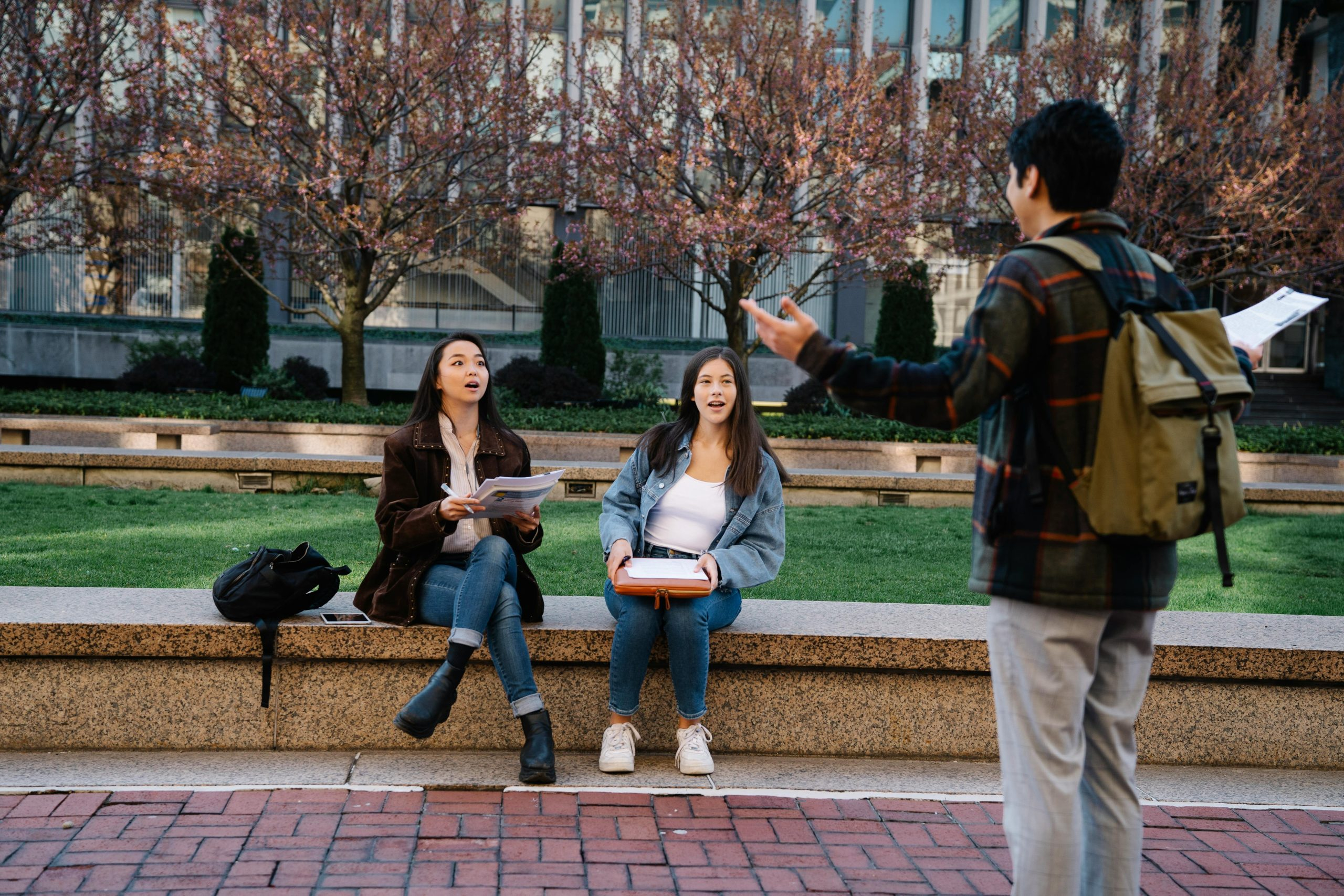Community gardens uniting urban residents
Urban living often means a fast-paced lifestyle, surrounded by concrete and noise. However, amidst the hustle and bustle, there are pockets of green spaces that bring unexpected peace and tranquility to city dwellers. These are community gardens, a place where urban residents come together to cultivate and grow plants, vegetables, and fruits. But community gardens offer more than just a green escape from city life. They also bring people from different backgrounds together, promoting social cohesion and uniting urban communities.
The Rise of Community Gardens
Community gardens have been around for centuries, but it wasn’t until the early 1900s that the concept of community gardening was popularized in the United States. During the World Wars, community gardens were promoted as a way to support the war effort by growing food locally. Since then, community gardens have become an integral part of urban landscapes, offering a multitude of benefits to both individuals and communities.
Bringing People Together
One of the main strengths of community gardens is their ability to bring people from diverse backgrounds together. In a city where people often live in close proximity but rarely interact, community gardens provide a common ground for people to come together and engage in a collaborative activity. It’s not just about gardening; it’s about building relationships with others who share a common interest and passion for nature.
Community gardens are open to everyone, regardless of their age, race, or socio-economic status. This inclusivity promotes social cohesion and breaks down barriers between different social groups, creating a sense of unity and belonging. In fact, studies have shown that community gardens can help reduce social isolation in urban areas, fostering a sense of community and improving overall well-being.
Improving Access to Fresh and Healthy Food
In many urban areas, access to fresh and healthy food is limited, particularly in low-income neighborhoods known as food deserts. Community gardens can serve as a source of fresh produce for residents in these areas, promoting healthy eating habits and improving the overall nutrition of the community.
Moreover, community gardens also offer an opportunity for individuals to learn about sustainable gardening practices and the benefits of eating locally grown food. This knowledge can then be shared with others, promoting healthy lifestyles and food self-sufficiency.
Uniting Urban Communities
Community gardens not only bring individuals together but also unite entire urban communities. They provide a space for people to gather and engage in activities, such as workshops and events, that promote education, cultural understanding, and environmental responsibility.
Improving the Urban Environment
Urban areas are known for their concrete jungles and lack of green spaces. However, community gardens can help combat this by transforming unused or abandoned land into thriving gardens. Not only do these gardens beautify the cityscape, but they also improve air quality and reduce the urban heat island effect.
Furthermore, community gardens often incorporate sustainable practices, such as composting and rainwater harvesting, which can help reduce the carbon footprint of a community.
Creating Opportunities for Learning and Education
Community gardens also offer an opportunity for individuals to learn and acquire new skills. Many community gardens have educational programs for children and adults, teaching them about gardening techniques, healthy eating habits, and environmental awareness. These learning opportunities not only benefit individuals but can also have a positive impact on the larger community.
Conclusion
Community gardens are much more than just a place to grow plants. They bring people together, promote social cohesion, improve access to healthy food, and help build more sustainable and livable urban communities. In a world where social isolation and environmental issues are prevalent, community gardens offer a glimmer of hope and a sense of unity in our urban landscapes.
So, if you’re looking for a way to connect with others, make a positive impact on your community, and escape the urban chaos, consider joining or starting a community garden in your city. You’ll not only reap the benefits of gardening but also the rewards of being a part of a flourishing and united community.










